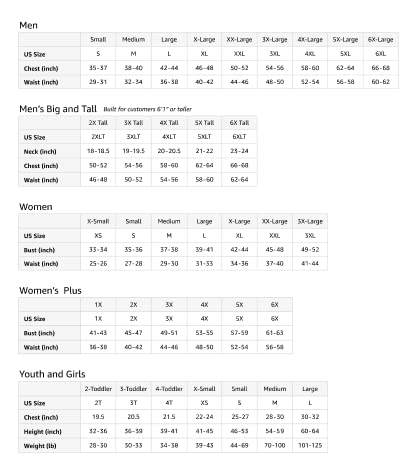Hawaiian Ukulele Music (feat. Higgs, Kala'e Camarillo, Sarah by D'lissa, Dondi Ho, Bianca Foster, Dondi, Kamaka Camarillo & Lyn Nelson)
Category: kamaka hawai'i

The current global situation has brought about unprecedented challenges for individuals, businesses, and governments worldwide. The COVID-19 pandemic has drastically altered the way we live, work, and interact with one another. This sudden and profound disruption has necessitated a reevaluation of our priorities, the way we operate, and the strategies we employ to navigate these uncharted waters.
One of the most significant impacts of the pandemic has been the abrupt shift to remote work. Overnight, countless employees were forced to adapt to a new work environment, often without the necessary infrastructure or support. This transition has presented both opportunities and obstacles, requiring individuals and organizations to quickly develop new skills and workflows to maintain productivity and collaboration. The blurring of boundaries between work and personal life has also introduced novel challenges, as people strive to find a healthy balance and maintain their well-being in the face of increased isolation and stress.
Businesses, too, have had to grapple with the profound implications of the pandemic. Supply chains have been disrupted, customer demand has fluctuated, and the need for agility and resilience has become paramount. Countless organizations have had to rethink their business models, explore new revenue streams, and implement innovative solutions to ensure their survival and long-term viability. The ability to adapt and pivot has become a critical differentiator, as companies navigate the ever-changing landscape.
Governments, on the other hand, have been tasked with the immense responsibility of managing the public health crisis, providing economic support, and ensuring the well-being of their citizens. Policymakers have had to make difficult decisions, balance competing priorities, and implement measures to mitigate the far-reaching impacts of the pandemic. The need for effective communication, transparency, and collaboration between government, the private sector, and the public has become increasingly apparent.
Despite the challenges posed by the pandemic, there have also been glimmers of hope and opportunity. The crisis has accelerated the adoption of digital technologies, enabling remote work, virtual collaboration, and the delivery of essential services. Innovators and entrepreneurs have seized the opportunity to develop solutions that address the evolving needs of society. Moreover, the pandemic has highlighted the importance of sustainable practices, renewable energy, and environmental stewardship, as the world grapples with the interconnectedness of global issues.
As we move forward, it is clear that the post-pandemic world will look vastly different from the one we once knew. The lessons learned and the adaptations made during this time will shape the future, informing the way we live, work, and interact. By embracing this change, fostering resilience, and prioritizing collaboration and innovation, we can emerge from this crisis stronger, more agile, and better prepared to face the challenges that lie ahead.
product information:
| Attribute | Value |
|---|












